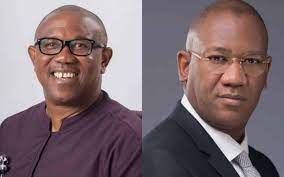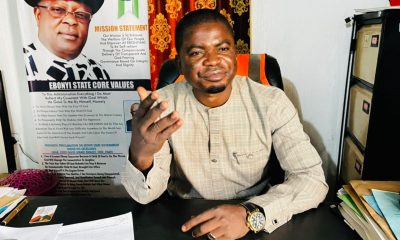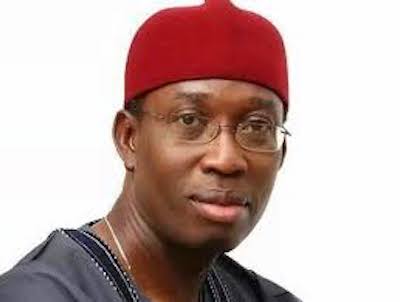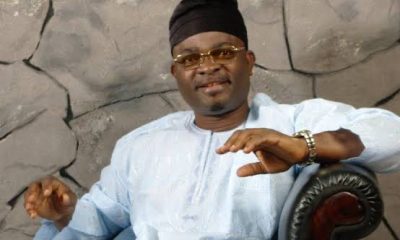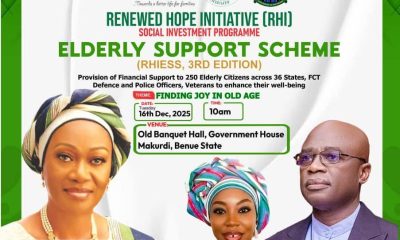Uncategorized
2023: Beware Ye Masquerade Watchers
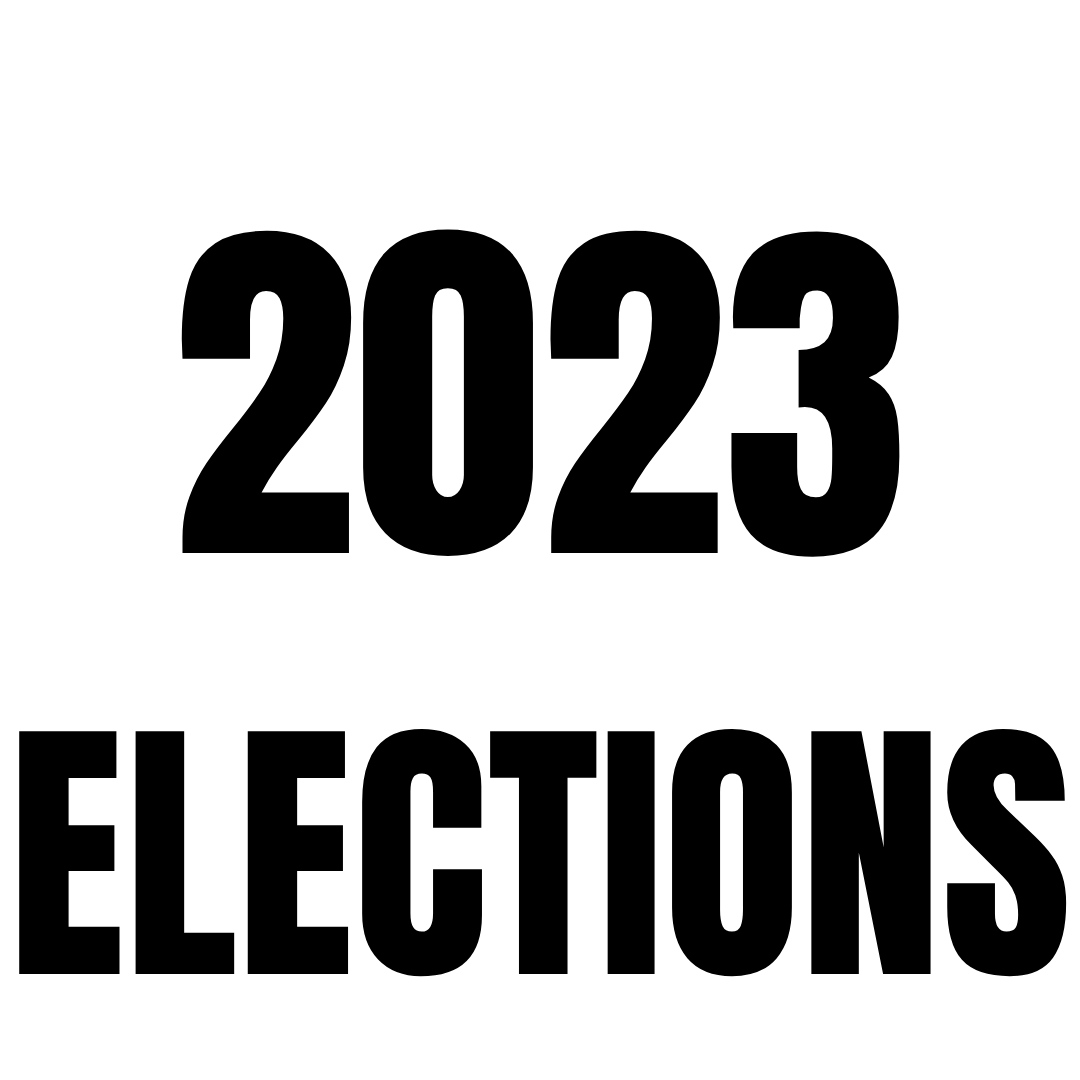
By Gift Worlu
I am a regular reader of my friend Dr Dakuku Adol Peterside’s weekly column. His interesting offering of January 17, 2022 titled “2023: Where are the masquerades” took me down memory lane to my childhood days when I wore and decorated masquerades in my Choba village as it then was, in the company of now entertainment icon Julius D’Genius Agwu and other young men.
Dr Peterside, in straightforward language, discussed the socio-cultural importance of masquerades and shared his general knowledge of ‘masquerades’ as an Opobo-Ijaw man, and likened politicians to ‘masquerades’, vide: “As the drumbeat of the 2023 election dance started, we have seen big “political masquerades “coming out to declare their interest in the struggle for power and relevance.
Across party lines, powerful politicians likened to big masquerades, and their cohorts are showcasing introductory and essential aspects of their election dance and using both old and novel gimmicks to make known their interest in the presidency of Nigeria.”This piece lends a voice to the pungent views of Dr Peterside on the qualities masquerade watchers (voters) should look out for in masquerades (politicians) before giving them gifts (votes) and deciding on the best masquerade (the President). Masquerades are useless without people watching them, and they enjoy their displays, cheer them up and present gifts, and choose the best masquerade for the season. And this is where this whole masquerade analogy makes much sense. As we watch the masquerades display on behalf of themselves and those that decorated them, we must critically assess them, cheer up those with skilled dance steps and then make up our minds on those that will get our votes. What follows are essential qualities that should guide our choice and why.
President Buhari would have led or ruled Nigeria for eight years by next year. Opinion about his stewardship is dichotomously split into binary opposites. Some say he did well, but many, including yours faithfully, believe he failed so disappointingly and woefully. I feel Nigerians are more divided, hungrier, angrier, and hopeless today than in 2015 when he took the reins of power from a “clueless” President Jonathan.
In a recent TV interview, the President admitted that he failed the nation, blaming his age and health. There is no doubt that the suffering of Nigerians worsened and continues under Buhari’s watch. Thus, Nigerians do not want excuses or blame games ever again. All they want is a good and trustworthy leader who, like Moses, will lead the children of Israel out of Egypt into the promised land of peace, justice, unity, and prosperity. They want to eat the fruit of the labour of their hero’s past – a land that is bound in freedom, peace, and harmony.
2022 is the best time for candidates to begin indicating their interest in running for the President of the Federal Republic of Nigeria and convincing the people of their capacity to deliver if given the job. Besides, it provides Nigerians ample time to ask questions and examine the candidates, dig deep into their personality traits, leadership experience, track records of achievement, and an unflinching desire to serve Nigerians for the good of all.
I share the views of Dr Peterside that to lead Nigeria today, you must be a visionary who can guide Nigerians to articulate a national vision. Vision is everything, and it gives direction and ignites thinking about reaching the desired destination. With a vision, you can see the end from the beginning and everything in-between. The issue is, where do we want Nigeria to be in, say, the next 5, 10, 50 years, and how do we intend to get there? What challenges and opportunities lie ahead, and what decisions/actions must we take to get there? What will happen should we fail to redirect our path away from the dangerous road we have been traveling since independence?
We urgently need a strong enough vision to permanently scare away men and women of little learning and questionable characters that ubiquitously dominate Nigeria’s political firmament. I mean men and women that know nothing but how to use the money to get power and then use power to get more money. Take or loathe it, the violence and indiscipline we see in Nigeria today is a direct consequence of the violence, indiscipline and all the shenanigans that successive governments reward, wittingly or unwittingly.
Character, capacity, and competence are other qualities we require from the candidates. Nigeria is richly blessed with good people. Unfortunately, very few are in our dirty and deadly politics. Whereas politics is a fine art and democracy is one of humanity’s greatest inventions, Nigerian politicians have failed to deliver the dividends of democracy to the people. To lead complex Nigeria, we need a leader who can generate higher internal complexity to take advantage of the opportunities in an ever dynamic and uncertain world. Ross Ashby’s law of requisite variety states that as variety proliferates, “only variety can absorb variety.” Eneke the bird, according to Chinua Achebe, says, since men have learnt to shoot without missing, it has learnt to fly without perching.
Nigeria faces many problems that pose an existential threat to our corporate unity and progress. So we need a leader who has the requisite tools, knowledge and skills. This period is no time for trial and error, as 2023 is a make-or-mar for Nigeria. We need a leader with the capacity to change the cultural landscape. Before we talk about infrastructure, economy, and insecurity, we need to address the issue of our culture and values. Nigerians and non-Nigerians alike see and describe the country with such derogatory words as a shithole, zoo, poverty capital, irredeemable, hopeless, useless, unhappiness capital, jungle, failed, ghetto, rogue state.
Many Nigerians do not trust their leaders. The leader must also love Nigeria, be mentally strong and emotionally stable, be ready to deny self and die for Nigeria.
Nigeria’s next President needs courage and empathy for the people. These are unique qualities that only very few persons have. Principalities and powers in high and low places have long existed in Nigeria. We hear of cabals, cartels and untouchables that appear more powerful than government at all levels – not to mention drug barons, human traffickers, oil bunkers, kidnappers, armed and pen robbers, “yahoo yahoo”, separatists, economic saboteurs, militants, “agberos”, and bandits. They are in and outside government and literarily hold government and official’s hostage. President Jonathan said after leaving office that he was “caged.” Segun Adeniyi and Reuben Abati wrote about “spirits” in Aso Villa that turn “good men” into bad. Nigeria needs a courageous and audaciously bold leader to step on toes (big and small) and be able to rescue Nigeria from these principalities and powers. The president must connect with the people and empathize with their feeling and conditions in the country.
It is time Nigeria elected a president with the requisite experience and education. Anyone who aspires to lead Nigeria needs real experience and proper education, up to at least first degree or its equivalent. I state this opinion without prejudicing the Not-too-young-to-run Act 2018 (that allows anyone that has reached 35 years of age to vie for the office of President and governor in Nigeria). And Chapter VI, Part I, Section 131 of the constitution (which states that a person may be qualified for election into the office of the President if educated up to at least School Certificate level or its equivalent). Education at the School Certificate level cannot give the knowledge and skills needed to function effectively in the most critical office in the country today. Experience also matters. By experience, I mean performance in, not tenure of office. In Nigerian politics, we reward bad performance with higher office.
To make the much-needed progress in Nigerian politics, we must kill the excessive ego, greed, insensitivity, deceit, and ignorance that afflict leaders and the led’s ignorance, indifference, helplessness, and gullibility. Leadership is central to the success or failure of Nigeria. Leaders provide direction, make, and execute decisions, and inspire the people to reach their full potential. They do so through their thoughts, words, and actions. Leaders think about the past but worry more about the present and future. According to management guru Peter Drucker, “the best way to predict the future is to invent it”.
I have two major worries about 2023 and Nigeria. First, Nigeria is a multi-party democracy, and one must belong to a political party to aspire for political leadership. Sadly, our parties are not wired to field people because they have the vision and capacity to solve problems but because they can win an election. I pray that our two major political parties do not leave us with the devil’s alternative – where neither candidate has leadership qualities, but we must choose a lesser devil because our choices are limited.
We must not change failed leaders without changing the conditions that made them fail. Replacing one incompetent person with another equals what the late Afrobeat maestro Fela Kuti calls “perambulation”- moving but remaining in the same place. The good news is, the Nigeria of our dreams is possible. It only calls for Nigerians, especially the youth, to stop complaining and start acting right- join political parties and cause changes in their modus operandi by insisting on internal democracy and issue-based politics—enough of empty political rhetoric and demagoguery. We have the power in our PVCs, and let’s use it wisely.
Uncategorized
UK Unemployment Rate Rises to 5.1 Per cent

The UK unemployment rate in the three months to October has increased to 5.1%, according to official figures.
That marked a rise from 5% for the three months to September.
The number of people in the UK who are unemployed is now at its highest level since January 2021, just below the peak rate seen during the Covid-19 pandemic.
The Office for National Statistics (ONS) said the data reflected a “Subdued labour market”.
Average wage growth was 4.6%, excluding bonuses, between August and October 2025, but headed in different directions depending on whether you were employed by a company or the state.
Earnings growth in private companies slowed from 4.
2% to 3.9% but accelerated for the public sector employees from 6.6% to 7.6%, compared with the prior three-month period.Wage growth, excluding bonuses, still remains higher than the rate of price increases in the economy.
Estimates for employees on company payrolls dropped by 149,000, or 0.5%, in October compared with the previous year.
Liz McKeown, the ONS director of economic statistics, said the figures indicate “a weakening labour market”.
“The number of employees on payroll has fallen again, reflecting subdued hiring activity.
McKeown also said young people were particularly affected by the fall in payroll numbers and the rise in unemployment.
The number of unemployed 18-24 year olds increased by 85,000 in the three months to October 2025, the largest rise since November 2022.
The government has said it will launch an investigation into youth unemployment and inactivity.
Meerah Nakaayi is 22 and from London. She did a two-year apprenticeship in policy and then worked in the sector for two years, but has been out of work since June.
“The last six months have been incredibly frustrating and demotivating” Meerah said.
“My last interview feedback stated how they had 290 applications for a policy analyst role for a niche policy area. I think that just shows how competitive it really is out there.”
James Reed, the chief executive of Reed Recruitment said all the main measures of the labour market were “going in the wrong direction”.
“I’m wondering whether they’ve hit the bottom or not,” he said.
Reed told the BBC’s Today programme the increase to the minimum wage announced in the Budget was “very welcome for people who have jobs” but “the economics of hiring at entry level is becoming less and less appealing to employers”.
The government has pledged to scrap the two-tier minimum wage and create a new rate for all adults.
But many businesses have said this will make them less inclined to hire young workers with little or no experience.
Yael Selfin, chief economist at KPMG UK, said: “The prospects for a rebound in hiring activity for younger workers remain weak.
The falling rate of private-sector wage growth reflects “a marked slowdown in hiring activity amongst businesses,” she said.
Selfin also said that the overall picture bolstered the case for the Bank of England to cut its base interest rate on ThursdaResponding to the ONS figures, Secretary of State for Work and Pensions Pat McFadden said the data “underline the scale of the challenge we’ve inherited”.
“That is why we are investing £1.5bn to deliver 50,000 apprenticeships and 350,000 new workplace opportunities for young people – giving them real experience and a foot in the door.
Helen Whately, shadow work and pensions secretary, accused the government of implementing “growth-killing policies” that would lead to job losses in the run up to Christmas.
“Fourteen months in a row of higher unemployment means thousands of families will be struggling through the holiday season and without a steady income heading into the New Year.”
Uncategorized
EEDC Explains Recent Decline in Power Supply across South-East

The Enugu Electricity Distribution Company (EEDC) has attributed the recent decline in power supply across the South-East to low electricity frequency.
The Group Head, Corporate Communications, EEDC, Mr Emeka Ezeh, said in a statement on Tuesday in Enugu that the development was caused by gas constraints affecting the Generation Companies (GenCos).
“The development has necessitated the load shedding of available energy by the Transmission Company of Nigeria (TCN).
“As a result, energy allocation to EEDC and daily service levels for customers served by its subsidiary companies – MainPower, TransPower, FirstPower, NewEra, and EastLand – have been impacted.
“Efforts are being made by key stakeholders in the electricity supply industry to address the challenge and restore normal power distribution,” he said.
Ezeh apologised for the inconvenience caused to customers, adding, “We appreciate the patience and understanding of electricity consumers across the South-East.”
Uncategorized
Hamann: Wirtz Made Wrong Choice Joining Liverpool

Liverpool hero Didi Hamann believes Florian Wirtz made the wrong decision joining the Reds this summer.
Wirtz, a £100m summer signing from Bayer Leverkusen, has struggled to adapt to the Premier League and is yet to register a single goal after 16 games in the competition.
Speaking with Sky Deutschland, Hamann stated that the Germany international would have adapted easily to the Bundesliga if he had joined Bayern Munich instead of Liverpool this summer.
“Christmas is approaching and he still hasn’t scored a goal or decided a match. Football is played differently in the Premier League, and he’s had little to no impact there so far.
“Liverpool signed a player for €140 million hoping he could turn around a struggling team with one or two plays.
He still hasn’t done that, and why would he now in January?“When I watch him play, I sometimes get the feeling that he himself no longer believes in his potential. Wirtz made the wrong choice in the summer when he was faced with the choice between Liverpool and Bayern Munich.”





